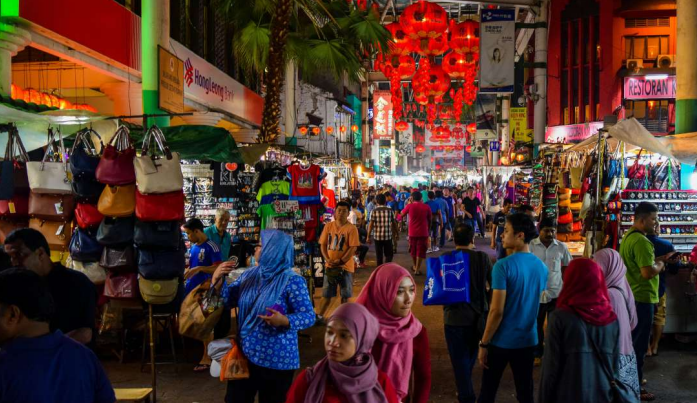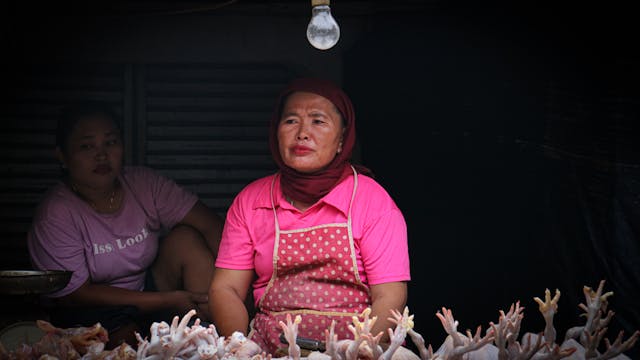The Islamic finance industry in Malaysia has experienced significant growth over the years, establishing the country as a leading hub in this sector. This growth is fueled by the rising demand for Islamic banking and financial services in Malaysia and the broader region.
In the Malaysian capital market, Islamic finance refers to financial activities that comply with Shariah (Islamic law) principles. These principles prohibit the payment and receipt of interest (riba), promote risk-sharing, and emphasize ethical and socially responsible investing. The Malaysian capital market offers a variety of Shariah-compliant products, including sukuk (Islamic bonds), Islamic mutual funds, and Islamic banking services. These products are designed to meet the financial needs of Muslims while adhering to religious principles.
Growth of the Malaysian Islamic Finance Market
Malaysia ranks third globally in terms of Islamic finance assets, with a value of USD 620 billion in 2020, contributing approximately 18% of the total Islamic finance assets worldwide. The industry’s growth is driven by the increasing demand for Shariah-compliant financial products, supported by the country's large Muslim population and strong Islamic regulatory framework. Maybank Islamic and Bank Islam Malaysia, as Malaysia’s Islamic finance players, have played pivotal roles in this growth, showing significant revenue increases from 2017 to 2021 by 15% and 6%, respectively.
The strengths of Malaysia’s Islamic finance lie in regulatory framework, innovation and technology, and global influence. Halal finance regulation in Malaysia has a comprehensive and sophisticated regulatory framework. The Central Bank of Malaysia (Bank Negara Malaysia) and the Securities Commission Malaysia provide robust oversight and regulation, ensuring Islamic financial institutions adhere to Shariah principles. This strong governance has earned Malaysia the top position in the Global Islamic Economy Indicator (GIEI) for Islamic finance
The integration of fintech and digital technologies into the Islamic finance sector has significantly enhanced its growth. For example, Malaysia’s first digital retail sukuk was launched post-COVID-19 to support financial recovery. Moreover, Maybank Islamic’s SME Digital Financing allows for quick, paperless loan applications, showcasing the sector’s innovative approach.
Malaysia has positioned itself as a global leader in Islamic finance, attracting foreign direct investment (FDI) and forming strategic international partnerships. In 2021, Malaysia ranked sixth in terms of FDI received among OIC countries, amounting to USD 11.62 billion. This global appeal underscores Malaysia’s influence and attractiveness as an Islamic finance hub.
Challenges in Malaysia's Islamic Finance Market
Despite its strengths, the Malaysian Islamic finance industry faces several challenges. A significant portion of Malaysia’s halal industry comprises small and medium-sized enterprises (SMEs). These SMEs often lack the resources and capacity to scale up and meet export demands. This limitation affects the overall growth and innovation within the industry.
The lack of standardized and unified halal certification standards and lack of awareness and education also being the challenge factors. Although there is growing awareness of Islamic finance products, there remains a need for increased education and understanding among the general population and potential investors. Enhancing financial literacy around Islamic finance can help in broadening its adoption and acceptance.
Malaysia's halal finance market, though faced with several hurdles, is poised for significant advancement. Overcoming SME resource constraints and standardization issues, coupled with a focus on education, can foster greater industry growth. By addressing these challenges, Malaysia can further cement its status as a pioneer in Islamic finance.
To get further insight into finance trends emerging in Asia's markets, subscribe to our newsletter here and check out these reports:







